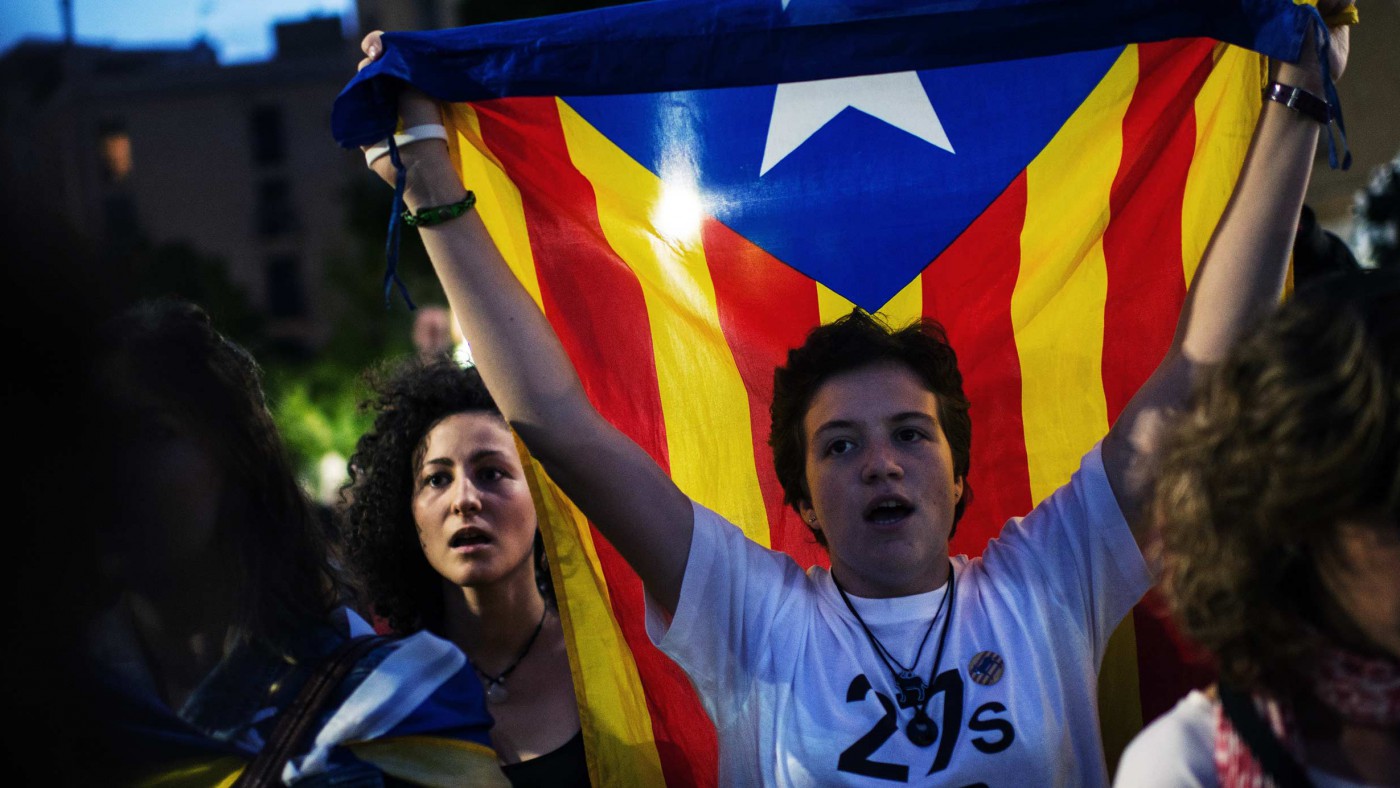With an impressive turnout of 77.4%, yesterday’s Catalan parliamentary elections yielded a mixed results and no shortage of discrepancies, facts and figures that pro-independence and anti-secession partisans alike have already started lobbing at each other. On the independence side, the party led by the current Catalan President Artur Mas, Junts Pel Si, JxSì (together for the yes), won 62 seats, and just shy of 40% of the popular vote. Combined with the 10 seats provided by the other secessionist party, Candidatura d’Unitat Popular (CUP), the pro-independence camp argue the parliamentary majority they have secured (72/135) gives them a mandate to seek independence from Madrid.
Pro-unity advocates, however, claim the would-be plebiscite and referendum on independence has failed. Indeed, despite the parliamentary majority, pro-independence parties received only 47.8% of the popular vote begging the question: how can one proclaim independence based on a minority? That such a discrepancy between number of seats and number of votes exists is itself the product of political districting that gives more weight to rural voters than urban ones, who are generally more opposed to independence. Furthermore, the pro-independence parliamentary coalition junior partner, the CUP, is notoriously anti-establishment, anti-capitalist and would want Catalonia to withdraw from both the European Union and Euro. To say that there exists slight policy platform divergence between Artur Mas’ centre right JxSì and the radically left wing CUP would be an understatement.
Last night’s results are most definitely a testament to and indicative of a strong desire for independence by almost half the population of Catalonia, of that there is little doubt or space to disagree. How such a desire is harnessed moving ahead, however, is anyone’s guess. On one side, the separatists have put forward an 18-month roadmap towards independence. On the other, Spain’s central government has made clear its refusal to budge on the matter. Attitudes may change following this December’s general election, but don’t count on any grand departures. Should the coalition hold, the Catalans have announced they may create ‘state institutions’, such as a treasury, ministry of foreign affairs and legal system, independent from the central government’s jurisdiction. The Spanish constitution contains provisions for the suspension of regional autonomy that would no doubt be invoked should developments reach this point.
Both Madrid and Mas must tread carefully, weighed down by impending elections and unpredictable coalition partner, respectively, will make an already knotty situation worse.


